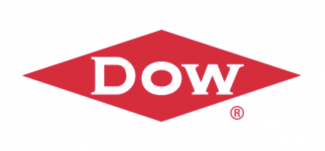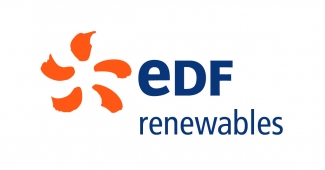Gulliver
Exposing corporate wrongdoing
Type the name of a company in the search box below. To conduct a wider search, please pick from one (or more) of the drop down menus below.
DomusVi Group
DomusVi is one of Europe’s largest private elder care home providers and has expanded its operations to China and Latin America in recent years. It has been the target of countless protests, investigations and lawsuits in Spain, France and Chile by workers as well as relatives of residents for issues ranging from understaffing to neglect of patients to union repression. Those affected by DomusVi accuse it of “slavery-like” working conditions, “treating residents as if they were numbers” and “doing business with the dead”. Through its complex network of subsidiaries based in tax havens like Jersey and Luxemburg, the company has been shown to evade paying taxes in several European countries.
Dow Inc.
Dow Chemical is one of the three largest chemical companies in the world.* Founded in 1897, it is headquartered in Midland, Michigan. It became infamous for its production of Agent Orange and napalm and in the 1970s, two key ingredients in the weapons used in the U.S. war in Vietnam. Agent Orange is a chemical defoliant designed to kill plants and trees while napalm is an explosive that sticks to its targets. Dow joined other companies in paying out $180 million in compensation to U.S. military veterans who suffered health problems from Agent Orange but fought successfully to defeat a 2005 lawsuit by Vietnamese victims who suffered lasting illnesses and birth defects.
E.ON
Electric utility E.ON is one of the “Big Six” energy companies in the UK and a major power provider in Germany, where it is based. Back In 2009, Ruhrgas AG (a predecessor of E.ON) was fined €553 million for conspiring to fix prices of gas imported from Russia via the MEGAL pipeline.
Although it was historically a major fossil fuel provider, E.ON spun off its fossil fuel assets into a new company named Uniper in 2016. Subsequently it claimed to offer “100% renewable energy tariffs” to customers, despite nearly half of its energy capacity being powered by fossil fuels or nuclear power. In 2009, E.ON was accused of greenwashing for claiming to use an “integrated” technology approach after installing a few solar panels on top of the Ratcliffe-on-Soar coal-fired power station in Nottinghamshire, England. The panels were estimated to have saved 6.3 tonnes of CO2 emissions a year, equal to less than one millionth of the emissions from the power plant itself. In 2019, E.ON claimed that all its 3.3 million customers in the UK were being switched to 100 percent renewable energy plans. Good Energy, a rival electricity company, summed up the matter succinctly: "E-ON is moving its customers to a 52% renewable, 48% greenwash tariff."
Eastman Chemical Company
Eastman Chemical is the former chemicals division of the Kodak photo company. The Tennessee operations of Eastman were commissioned to make RDX explosives and to manage nuclear weapons development during the Second World War. In 1960 a major explosion at the company’s aniline manufacturing plant in Kingsport, Tennessee, killed 16 people. In 1994, Eastman Chemical became a separate company, headquartered in Kingsport. Today, Eastman owns and operates over 50 manufacturing sites in 16 different countries.
EDF Renewables
EDF Renewables is a wholly owned subsidiary of EDF Group, the French public electricity company, which is a major producer of nuclear energy and was one of the three largest gas emitters in the European Union in 2021.
The company has faced major opposition to multiple wind power projects in the Isthmus of Tehuantepec in México on the land of the Zapotec Indigenous peoples in the state of Oaxaca. The Zapotec successfully sued to get EDF's contract for the Gunaa Sicarú project canceled in June 2022. In France, EDF's massive 46-turbine wind farm project off the coast of Dunkirk in the North Sea was the subject of a formal challenge by the country of Belgium for obstruction of shipping lanes to the UK.
In Morocco the company is working on the Noor Midelt solar project which is sited on 2,500 hectares of land expropriated from three ethnic agricultural communities - Ait Massoud Ouali, Ait Oufella and Ait Rahou Ouali.




